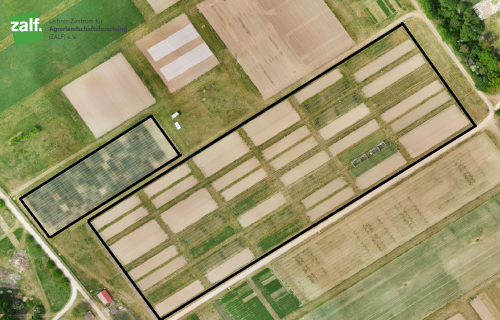
Welcome to ClimateCropping
Funded by the EJP Soil programme, ClimateCropping aims to provide scientific evidence, based on long term experiments, on how management of agricultural soils can contribute to climate change adaptation and mitigation, better cycling of nitrogen, phosphorus nutrients in European cropping systems.
About the project

With the 2015 Paris Agreement, the international community agreed to limit the rise in global temperature to below 2 ̊C. Roughly 30% of Nationally Determined Contributions under the Paris Agreement include land-based mitigation technologies and practices. However, soil carbon, nitrogen and phosphorus responses, economic profitability and social constraints of a large-scale adoption of soil management practices potentially mitigating GHGs still include substantial uncertainties, particularly under climate change.
We will implement an interdisciplinary approach that includes: field observations, meta-analysis of historical data, carbon, nitrogen, phosphorus and life cycle assessment modelling, agro-economic assessment and stakeholder engagement to evaluate the contribution of alternative soil management practices: 1) reduced tillage, 2) cover cropping, 3) organic fertilisation and 4) crop residue retention, to climate change mitigation and adaptation in cropping systems along a North-South climate gradient across Europe.

Historical data will be complemented with measurements in long-term experiments in seven European countries (Austria, France, Germany, Ireland, Spain, Switzerland and UK). The focus will be on studying carbon sequestration potential, carbon balance, greenhouse gas mitigation, carbon footprint and effects on nitrogen and phosphorus cycling under above soil management practices at local to regional scales. The soil assessment will be complemented with an assessment of economic and social sustainability including practical feasibility, and socio-cultural factors for social acceptance of a single or a combination of soil management practices. The results will contribute to the achievement of the national and international climate goals and will be highly relevant for the climate-change policies.
